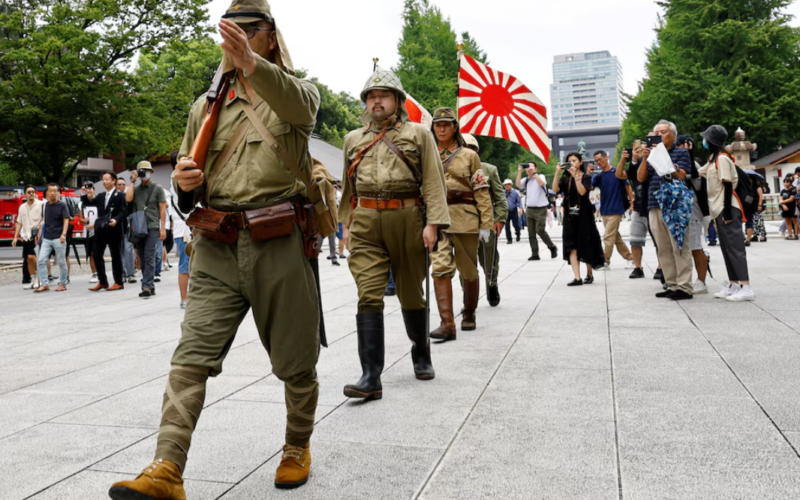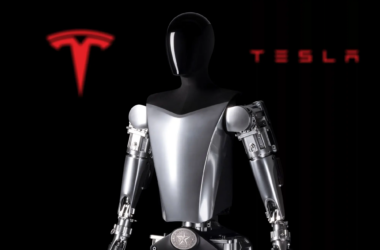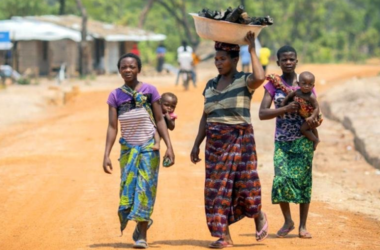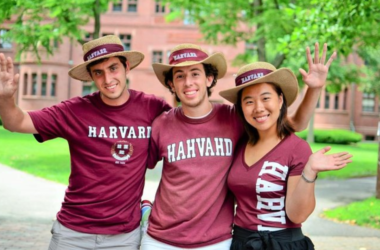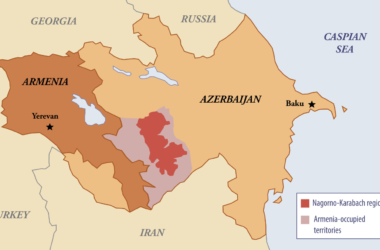Japan’s Yasukuni Shrine has ignited controversy with its selection of a former military commander as its chief priest, a decision that could reignite tensions over a site viewed by other Asian nations as a symbol of Japan’s wartime aggression.
Umio Otsuka, a former Maritime Self Defense Force (SDF) commander and one-time ambassador to Djibouti, has been appointed as the new chief priest of the shrine. This marks the first time since 1978 that an ex-military official has assumed this prominent role.
Expressing his sentiments, Otsuka, aged 63, conveyed his sense of honor at serving the shrine, emphasizing its significance in commemorating the sacrifices made by those who gave their lives for the country. The shrine, which dates back to Japan’s emergence from centuries of isolation in 1869, honors approximately 2.5 million war dead, including prominent convicted war criminals like World War Two-era prime minister Hideki Tojo.
However, visits to Yasukuni Shrine by senior Japanese political figures have long been a point of contention, drawing criticism from neighboring countries such as South Korea and China, both of which experienced Japan’s colonial rule and invasion, respectively. These visits are perceived as insensitive gestures, particularly due to the enshrinement of convicted war criminals alongside other war dead.
While conservatives argue that Yasukuni Shrine is intended to honor all of Japan’s war dead rather than specifically those responsible for wartime atrocities, its association with convicted war criminals remains a point of contention.
Otsuka’s appointment comes amidst heightened security cooperation between Tokyo and Seoul, as well as their shared ally, the United States, in response to regional threats posed by countries such as China, Russia, and North Korea. Notably, no serving Japanese prime minister has visited the shrine since 2013, when Shinzo Abe’s visit drew disappointment from then-U.S. President Barack Obama.
The appointment of Otsuka as chief priest of Yasukuni Shrine underscores the ongoing complexities surrounding historical memory, wartime legacies, and regional tensions in East Asia.




